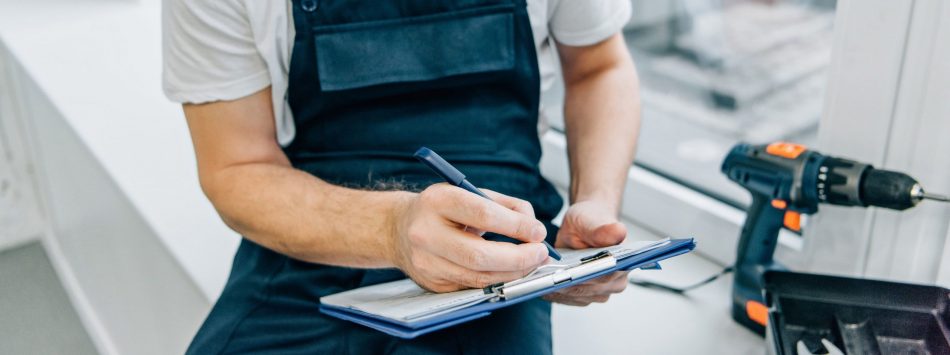Campus Insights Study
Qualitative survey of (external) service providers at the Bildungscampus to identify potential for new service offerings
Duration: January 2020 – September 2020

© LIGHTFIELD STUDIOS
Contact person

Maximilian Feike
E-Mail: maximilian.feike [at] iao.fraunhofer.de
Phone: +49 711 970-5265
Freshly mown green spaces, clean toilets, a hot lunch in the refectory, functioning media technology in the lecture rooms and full snack and beverage vending machines. To ensure this on the Bildungscampus in Heilbronn, a large number of (external) service providers are employed there to maintain ongoing campus operations and ensure the catering, cleaning, maintenance and other supply and disposal services. The activities are varied and the requirements and needs of the service providers are very different.
In the “Campus Insights Study”, individual service providers from a wide range of areas were asked about their work and experiences on campus in the form of qualitative interviews as part of the “Smart Campus Initiative” project. The aim is to record the on-site structure of the service providers, to understand their work processes and, on the basis of this, to derive potential for the (data-supported) optimisation of work processes.
The choice of interview partners fell on employees from the service companies who are involved in the operational business on campus and regularly work on site. In addition, an interview was conducted with the campus facility management, which takes care of the technical, infrastructural and commercial property management and is responsible as the central contact for commissioning and managing the service companies.
In 30- to 60-minute guided interviews, the service providers were asked in a first part about their role in the company and their relationship to the Bildungscampus. In addition, the guide aimed to map the service delivery at the campus. Furthermore, points of contact with other service providers, pain points and potential for improvement were asked. In the second part, the focus was on coordination and communication between the service provider (employees and supervisors) and the client. Finally, the respondents had the opportunity, inspired by exemplary impulses, to contribute solution ideas for the (data-supported) improvement of their work processes.
The findings of the study serve us primarily as a collection of ideas for implementation projects in the Smart Campus Initiative. The next step is to address pain points in joint cooperation formats with the service providers and – where it makes sense – to develop data-supported services to improve work processes on campus. Implementation projects that have emerged from the Campus Insights study include the forecasting model for car park utilisation and the prototype solution for automating green maintenance on the Bildungscampus.